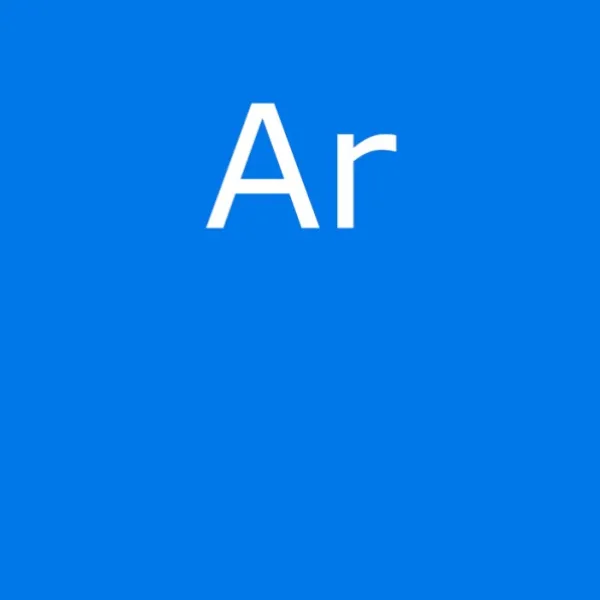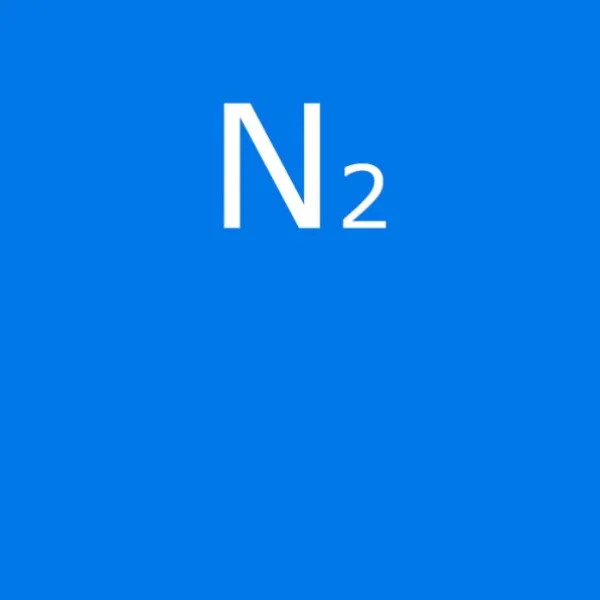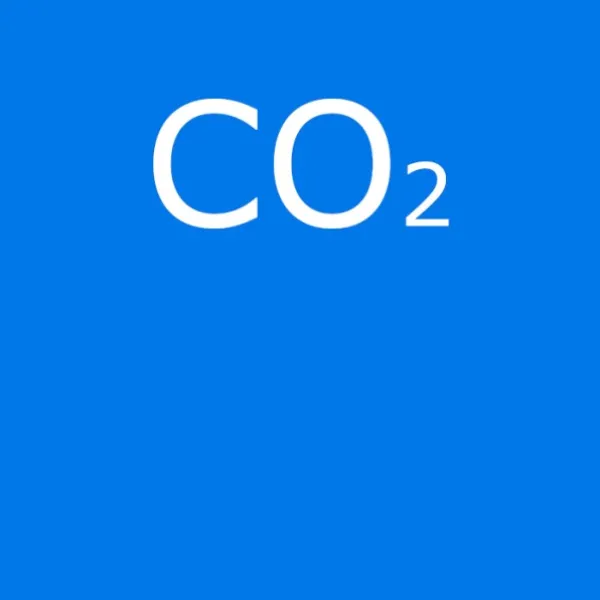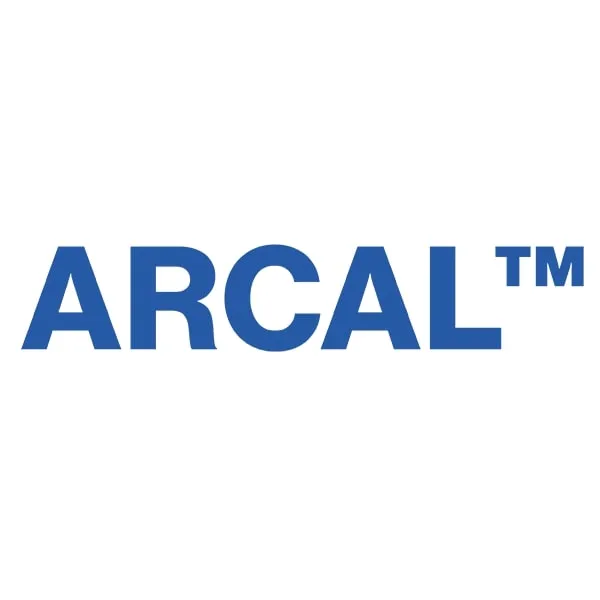Are you considering implementing a WAAM process? Looking for the best gas to provide protection against oxidation and moisture, or cooling?
1- Productivity
Thanks to a choice of gases from the range of gases and mixtures for industrial welding for MIG, MAG, TIG (Argon, CO2, helium, etc.) processes of high purity at the best cost, and to an efficient distribution installation , your process is optimized (stable and without drift), allowing you to maximize its deposition rate and its yield, while maintaining a result and a final structure of perfect quality from one layer to another and deposit characteristics identical all along the cords.
2- Flexibility & reliability
Air Liquide adapts the mode of gas supply according to the development of your activity, and implements the means to ensure a continuous and secure supply. In some cases, Air Liquide can offer to equip your facilities with sensors and analyzers to monitor your production.
3- Gas safety
Air Liquide guides you to ensure the safety of installations, and advises you on the implementation of anoxia detection equipment, installation maintenance services, not to mention training on the use of gases.
4 - Expertise
On the strength of its experience acquired on these 3D printer technologies on all markets, Air Liquide supports you at each stage of your project: from the definition of your specifications and the design of network and security installations, to start-up assistance for your manufacturing processes. Our extensive offer allows you to benefit from innovative solutions across the entire metal additive manufacturing value chain.
Our gas solutions to optimise the performance of your WAAM deposition processes
With Air Liquide, benefit from supply solutions adapted to your manufacturing process, combining gas, distribution installation and technical expertise to develop your project.
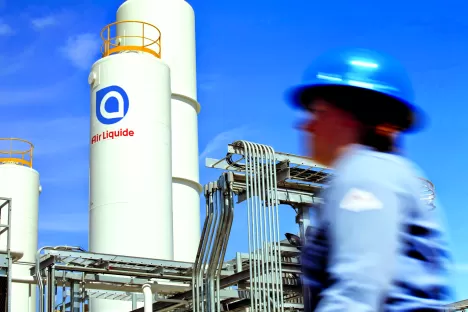
Your gas supply for WAAM processes (MIG, MAG, TIG, etc.)
The most used gases and mixtures implement Argon (Ar), carbon dioxide (CO2) and Helium (He).
The high purity of these gases is often required due to the sensitivity of the molten metal.
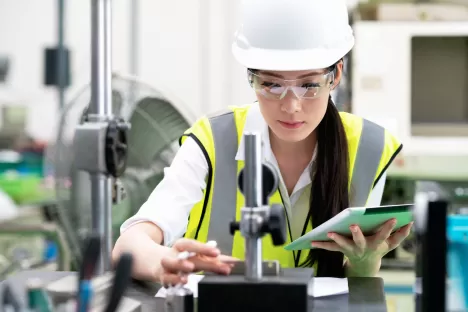
Engineering of your gas distribution installations
On the strength of its experience, our engineering offers you to design and build your installations in compliance with safety rules, to ensure perfect reliability, maintainability, and the continuity of supply required by the molten metal deposition process.
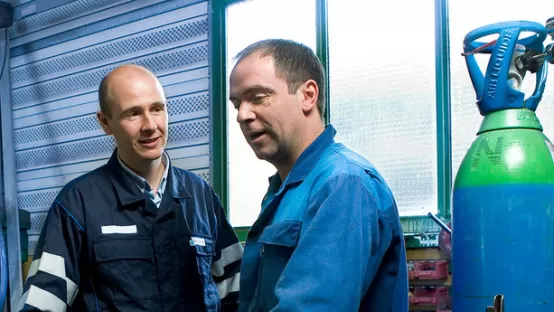
Our technical expertise at your service
Our experts support you in all stages of your project until the implementation and start-up of your manufacturing technology, or even to advise you if your process were to evolve.
These specialists can:
- Intervene punctually or on a recurring basis to ensure optimal operation of your installations over time.
- Train your teams on gas safety (safety checks, use of tools, and handling, etc.) as well as maintenance specific to your installation.
Air Liquide supplies gases at the purity required for each machine and different 3D printing process applications.
| FAMILY | PROCESS | GAS | MATERIAL |
|---|---|---|---|
| Direct Energy Deposition |
LMD, DMD(1) |
Argon Nitrogen Helium |
Steels & all metallic materials |
|
Wire |
WAAM (2) | Range of industrial welding gases for MIG, MAG, TIG processes |
Steels & all metallic materials |
| Selective powder bed fusion by laser or electron beam |
SLS (3) | Argon Nitrogen |
Plastics, |
| SLM (4) ou DMLS |
Titanium, Aluminum, Steels, Chrome, Cobalt |
||
| EBM (5) | Helium | All metallic materials |
|
| Binder Metal Technologies |
BJT (6) | Sintering of powders under Argon (+ low % of Hydrogen) Nitrogen |
All metallic materials |
|
Among the wide variety of processes used in industry sectors, the main ones are: (1) Laser Metal Deposition, Direct Metal Deposition (Cladding) (2) Wire Arc Additive Manufacturing (3) Selective Laser Sintering, or Direct Metal Laser Sintering (4) Selective Laser Melting (5) Electron Beam Melting 6) Binder Jetting Technology (Binder Metal or& Binder Metal Jetting |
|||
Gases used throughout the additive manufacturing process
The main gas used for the manufacture of metal parts is argon, but depending on the materials and processes, nitrogen or helium can also be used. These gases must, of course, be used under controlled conditions in terms of safety (eg risk of anoxia), in a professional setting.
Do you have any questions about additive manufacturing technologies?
Please fill in our contact form below and we'll come back to you as soon as possible

